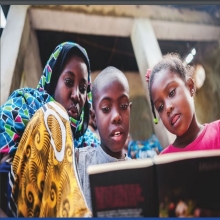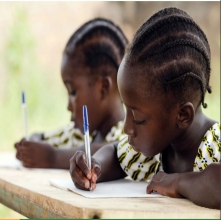The FLC leverages approximately $33.4 billion in International Development Association (IDA), International Bank for Reconstruction and Development (IBRD), GPE grants, co-financing, and government financing. The FLC supports education initiatives in 76 countries, focusing on systemic improvements and better learning outcomes.
It also develops global public goods such as innovative tools, data, and evidence, and provides technical assistance to help countries implement evidence-based reforms and improve learning outcomes at scale.
FLC Anchor Programs and Activities
The FLC Anchor includes a range of targeted programs and activities designed to strengthen education systems and accelerate learning improvements:








